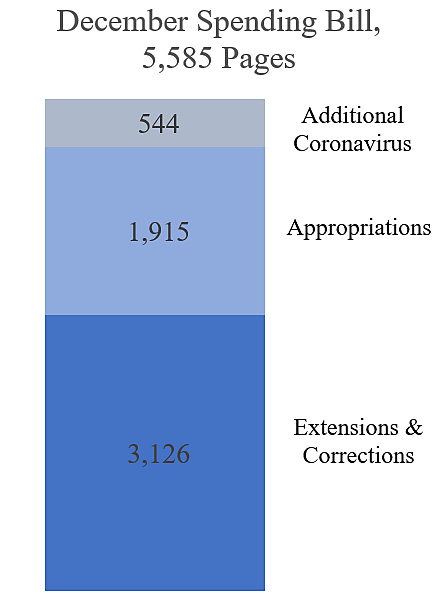A new year means a flurry of new legislation at the state and local levels. This year, as the Covid-19 pandemic continues to rage, Massachusetts Governor Charlie Baker signed a new health care bill that, among other provisions, expands access to telehealth services.
The use of telehealth visits has increased dramatically during the COVID-19 pandemic. One CDC report finds a 154 percent increase in telehealth visits in the last week of March 2020 (the latest available data) compared to the same week in 2019. More recent data, when available, will almost certainly show similar increases.
Promoting the use of telehealth services, particularly during a global pandemic, is a laudable goal. However, it is less clear that a state mandate that insurance companies provide telehealth coverage is the appropriate course of action. States should strive to eliminate restrictions on telehealth, not impose new burdens. Absent regulatory barriers restricting the provision of telehealth services, insurers, providers, and patients all have incentives to shift towards more telehealth services. Patchwork state laws and arbitrary barriers, including restrictions on cross-border telehealth, are the impediments to widespread adoption of telehealth, not insurance companies.
Nearly every state implemented changes to their telehealth requirements in response to the COVID-19 pandemic, but many of the accommodations have expired or are set to expire at the conclusion of the current health emergency. State legislatures should make these temporary allowances permanent and further remove regulatory barriers. Pandemic or not, telemedicine will play a larger role in the future, and lawmakers should promote – not discourage – its expansion.

